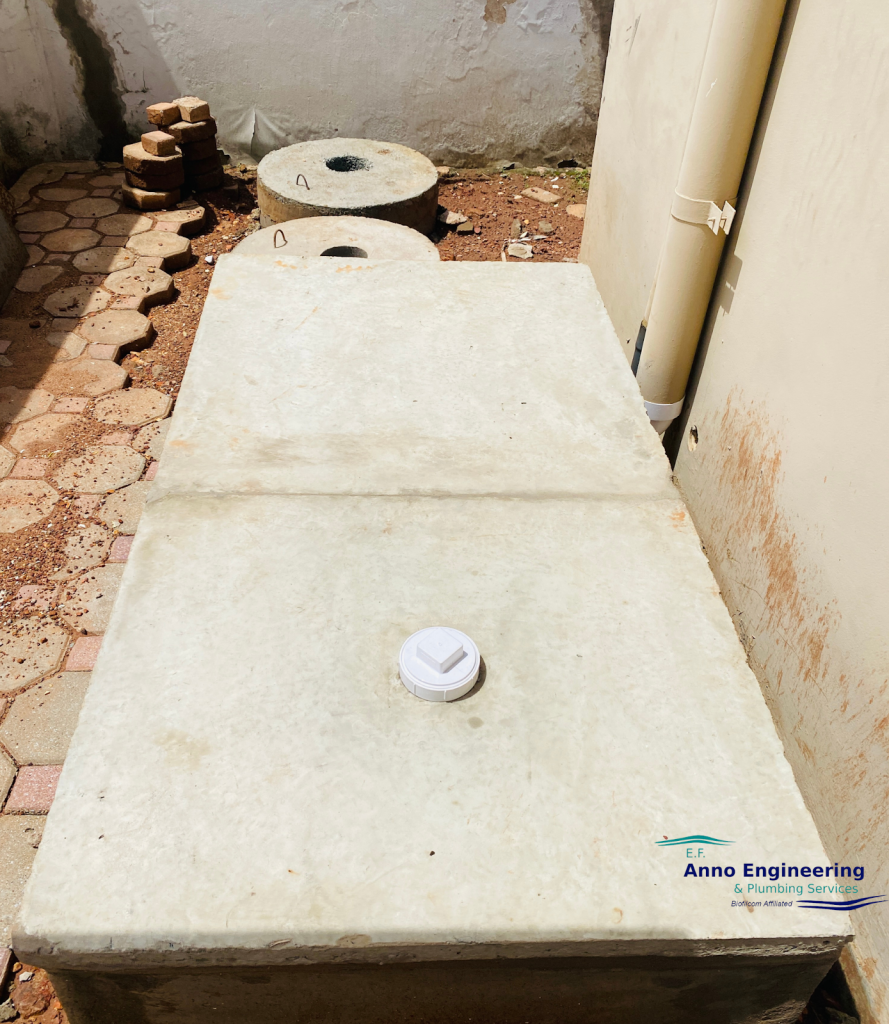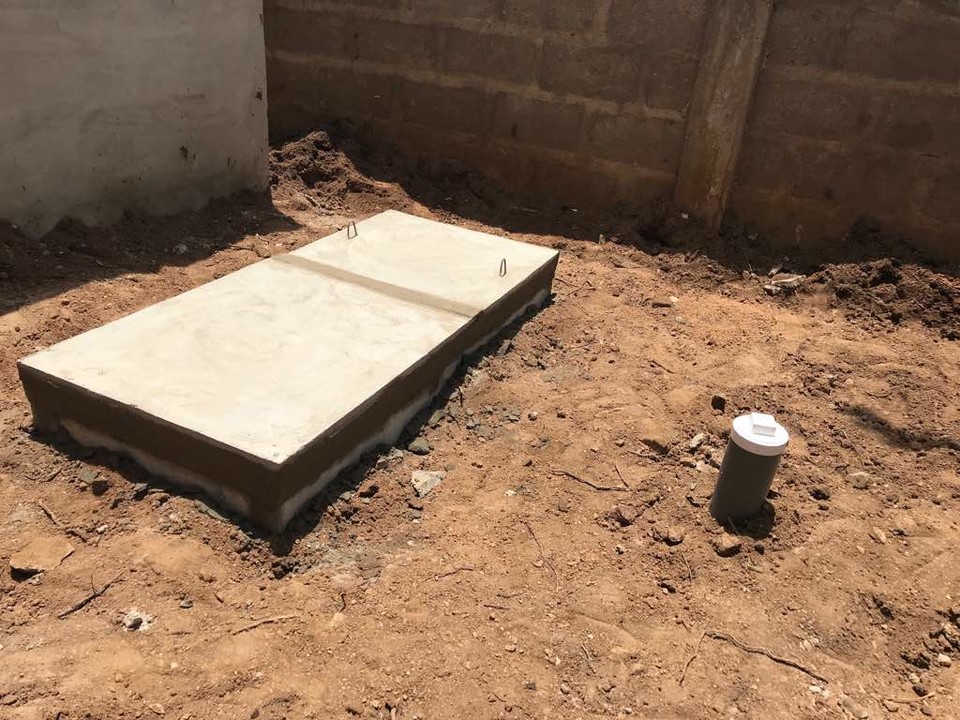Welcome to a world where waste management is being transformed through innovation and sustainable practices. In recent years, the concept of bio-digesters has gained momentum, offering a groundbreaking solution for treating human waste in a more environmentally friendly and efficient manner. In this blog, we will dive deep into the world of bio-digesters, exploring how they work, their benefits, and their potential applications. Get ready to discover how these systems are reshaping waste management practices for a cleaner and greener future.

The Bio Digestion Process
At the heart of every bio-digester lies an anaerobic digestion process that is both fascinating and efficient. When human waste enters the bio-digester, it goes through a series of anaerobic chambers. In the first chamber, solid materials settle at the bottom, where anaerobic bacteria cultures begin breaking down the waste. As the waste progresses through subsequent chambers, the concentration of solid matter decreases, resulting in cleaner water. Harmful pathogens are removed during this process, ensuring the water is safe for various applications. Additionally, bio digestion produces gasses that are harmlessly released into the environment, contributing to a cleaner atmosphere. This captivating process not only reduces the amount of solid waste but also produces valuable by-products that can be further utilized.
Benefits of bio-digesters

bio-digesters offer a myriad of benefits that make them a game-changer in waste management.
Firstly, they provide an environmentally friendly solution, minimizing the release of harmful gasses such as methane. Secondly, bio-digesters reduce the volume of solid waste, thereby reducing the need for conventional septic tank emptying. Moreover, the treated water produced can be repurposed for non-potable uses, such as irrigation or flushing toilets, enabling water conservation. Furthermore, the nutrient-rich digestate that remains after the digestion process can be used as a natural fertilizer, supporting sustainable agriculture practices. These manifold benefits make bio-digesters an attractive solution for waste management in various settings, ranging from households to commercial enterprises.
Environmentally Friendly and Odor-Free
One of the remarkable features of bio-digesters is their low environmental impact. These systems produce gasses that are released harmlessly into the environment, minimizing pollution when compared to traditional waste management practices. As the entire process takes place in an anaerobic (oxygen-free) tank, foul odors are eradicated, providing a pleasant and odor-free experience.
Versatile Uses for Effluent Water
While the water produced by the anaerobic digestion process may not be suitable for drinking without further treatment, it has various other applications. It can be used for irrigation, providing nutrients to plants, or even recycled back into the system for toilet flushing. This versatility showcases the resourcefulness of bio-digesters in optimizing water usage and reducing the strain on freshwater resources.
Future Prospects
As we look to the future, the potential of bio-digesters is immense. This section will discuss emerging trends and developments in bio-digester technology, such as the integration of smart monitoring systems, improvements in efficiency, and advancements in digester design. Additionally, we will explore the role of policymakers, researchers, and industry stakeholders in promoting and supporting the widespread adoption of bio-digesters. By harnessing technology, expertise, and collaboration, we can pave the way for a future where bio-digesters are the norm in waste management practices.
The bio-digesters are revolutionizing waste management by providing an eco-friendly, efficient, and sustainable solution for treating human waste. With their ability to reduce solid waste, produce renewable energy, and generate valuable resources, bio-digesters are shaping a cleaner and greener future. By embracing this innovative technology, we can mitigate environmental pollution, conserve resources, and promote a circular economy. Let us join hands and harness the power of bio-digesters to create a world where waste is no longer a burden but a valuable resource for a sustainable future.


